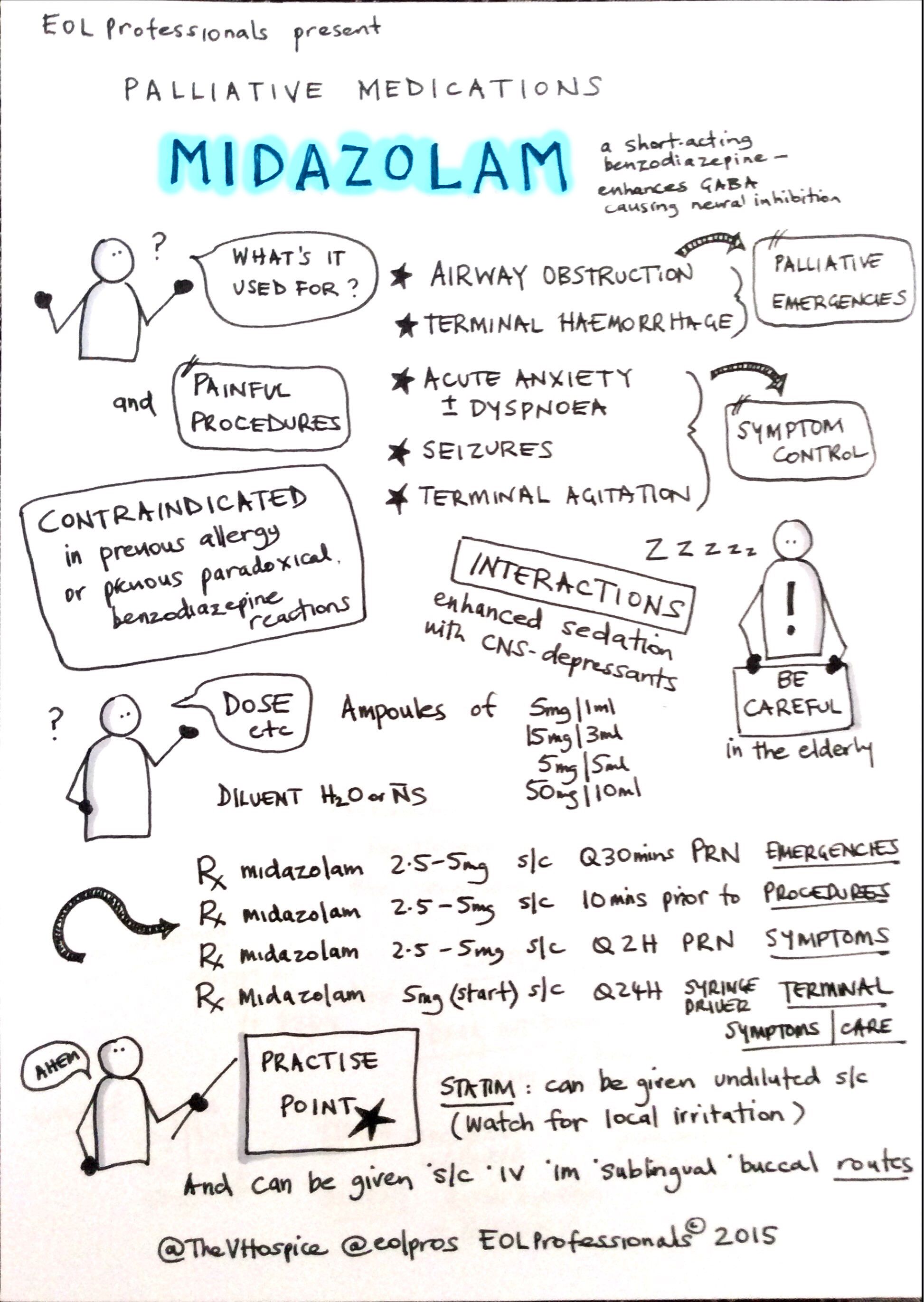
Anticipatory Grief is a form that occurs before a loss becomes imminent. This usually happens when a loved ones dies due to an illness. This type of loss can be difficult to handle. There are ways to deal with this type of grief. You should first understand what anticipatory grieving is.
Preparatory grief
Preparatory grief refers to the time we use to prepare for the death of a close friend or family member. It's a chance to make personal changes, resolve differences, and say good-bye. An anticipatory grieving is also healing. An example of anticipatory grief is helping women to find meaning before the death or divorce of their husbands.
A sudden death is devastating and unexpected. It is common to feel extremely lonely during this time and look for social connections. Anxiety can also be a common symptom. Fear, loneliness, and disbelief can all be normal symptoms and should be acknowledged. There might also be feelings or guilt. This can take many forms.

Both anticipatory grief and conventional grief can mimic each other. Both of these emotions can overlap and come and go at different times. You may also experience them in different ways. Whether you're experiencing anticipatory grief or conventional grief, you'll need to talk to a mental health professional about your feelings.
Children express anticipatory grief in different ways. Children experience many cumulative losses. They lose control of their bodies and identity. Family functions are lost, as well as future goals. In addition, children who are afflicted experience a leave-taking from their beloved environment and relationships. This is often shared by siblings.
Preventory grief
Proactive coping is a way to prepare for and cope with grief. It involves actively accepting resources that are available to them, such as social support. This behavior was significantly associated with greater growth during anticipatory grief. According to the authors, proactive coping can prevent adverse grief reactions. They also found it could predict the occurrences of positive grief reactions. They did however note that their predictions had small effects.
Although the results of this study are clear, further research is required to understand anticipatory grieving and its mechanisms. In particular, proactive coping involves accumulating social support and maximizing growth opportunities. These two processes, which are mutually mediated, provide strong predictive abilities. Social support is one outcome and strongest predictor of growth in anticipatory grief.

Preventive Grief is a very common form of grief. It can happen long before the death. People don't often realize they may be grieving prior to the death. This booklet contains key concepts to help you navigate anticipatory pain.
Anticipatory loss can take many forms. When a child has a life-threatening condition, for example, the mother is more involved in her child's care and treatment. Additionally, her life will be more difficult. She is also more susceptible to mental tensions such anxiety, denial, or depression. It is also a strong predictor for anticipatory and grief that the mother feels most in control over her child’s life.
FAQ
What makes love so fragile?
Because we become used to one another, love fades. We become so comfortable with each other, that we don’t even notice our differences.
We forget why we were drawn to each other.
We start to wonder why our happiness isn't lasting.
You'll be swept off your feet when you fall in love. Everything else seems irrelevant. You only think about your partner.
Then you look at all the things making you unhappy and start to get tired.
Then you realize that you don't really love him/her.
This is because you have lost sight of the reason you were attracted to your partner. This is when you begin to compare yourself to your ex partner.
And you realize that they were better than you.
This realization leads you to ask yourself if your relationship should be continued.
Before you decide to end the relationship, ask these questions: Do your partner and you still enjoy each other? Are you happy with how your life looks now?
If the answers to both of these questions are yes, then you shouldn’t be divorcing.
You still love being with your partner, even though you might be disappointed.
And you know that you deserve happiness.
So don't let love fade. Continue loving until you find someone that loves you back.
How do you know if you are dating a real guy?
If he enjoys cooking for you, taking you out dancing, buying you flowers, and treating you better than his friends, then he is probably a great choice.
There is more to men that cooking and dancing. It's not just the cooking and dancing that make a guy attractive to women.
The most obvious way to find out if he's a keeper is to ask yourself these questions: Does he make you feel special? Do you enjoy spending time together? Is he romantic? Do you feel attracted to him
Does he care about you? Does he care about your feelings? Does he listen when your words are spoken? Does he value you? Can you trust him? Is he trustworthy?
These qualities are crucial because they demonstrate that he is trustworthy and reliable. He doesn't play games with you, and he isn't afraid to let you know where he stands.
How long does the breakup take?
It's not always easy to decide if it's worth keeping your relationship. The truth is you will not always be able to end your relationship, no matter what you do.
It might take more time if you are trying to end the relationship with someone who doesn't want to listen.
Even if you've tried everything, you still might not be successful. This is because some couples simply aren't meant to be together.
If you're thinking about ending things with someone, then you should first talk to them. Let them know that you have made a choice and ask if they are okay with it.
If they agree, you should continue with your plan. However, if they do not agree with your decision, you should reconsider.
Statistics
- After analyzing the data and controlling for the influence of other personality traits and demographic factors, she found that gritty men were 17 percent more likely to stay married. (time.com)
- Meanwhile, a 2010 study of twenty-three thousand married couples found that the similarity of spouses accounted for less than 0.5 percent of spousal satisfaction. (time.com)
- But Gottman's research shows that three years into a relationship if you're not arguing at all, you're much more likely to find yourself arguing in divorce court. (time.com)
- The story they tell predicts with 94% accuracy whether they will divorce in 3 years. (time.com)
External Links
How To
How to be successful in a new relationship
Trust is a key component in any healthy relationship. You should expect your relationship will be a regular part of your life. Acceptance of their differences and openness to them, regardless of preconceived notions, is key. You can find out if someone you like is right for your by just hanging out with them. If you see something good in someone, go for it!
There are many things to consider when starting a relationship from scratch. Do you want to marry? Do you want a life together? Are you looking for a serious relationship or just a casual fling? Do you want kids? How old do you think you should be? Is it possible to afford a child? Are you okay with your parents knowing about this person? Do they like children? Will you live together?
The answers to these questions will help you determine what type of relationship you would like. You must remember that every relationship will have its ups and downs, no matter how good or bad it is. Do not rush into any decision. You should take your time before getting into a long-term relationship.
If you decide to date someone, try to keep your expectations low. Expect nothing too much from your first date. He/She may surprise you. And even though you're undergoing many changes, don't forget to enjoy yourself while dating. Have fun. Make memories.
I would recommend that you follow my advice, and not rush into committing. It is important to think through all options before you make such a huge decision.